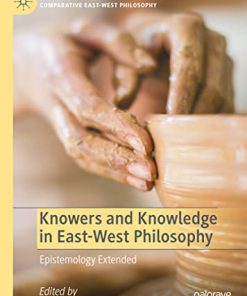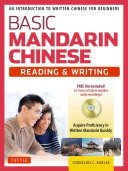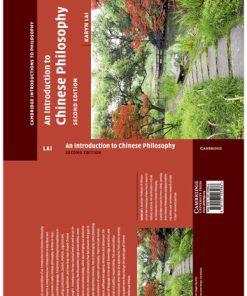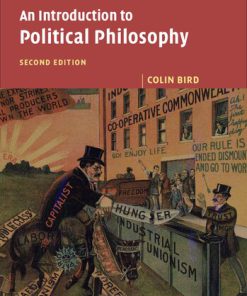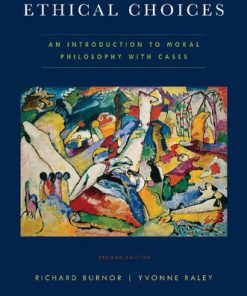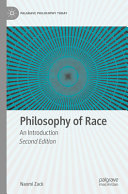An Introduction to Chinese Philosophy 2nd Edition by Karyn Lai 1107103983 9781107103986
$50.00 Original price was: $50.00.$25.00Current price is: $25.00.
An Introduction to Chinese Philosophy 2nd Edition by Karyn Lai – Ebook PDF Instant Download/Delivery: 1107103983, 9781107103986
Full download An Introduction to Chinese Philosophy 2nd Edition after payment
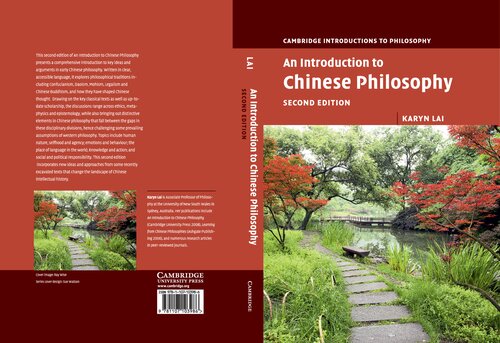
Product details:
ISBN 10: 1107103983
ISBN 13: 9781107103986
Author: Karyn Lai
This second edition of An Introduction to Chinese Philosophy presents a comprehensive introduction to key ideas and arguments in early Chinese philosophy. Written in clear, accessible language, it explores philosophical traditions including Confucianism, Daoism, Mohism, Legalism and Chinese Buddhism, and how they have shaped Chinese thought. Drawing on the key classical texts as well as up-to-date scholarship, the discussions range across ethics, metaphysics and epistemology, while also bringing out distinctive elements in Chinese philosophy that fall between the gaps in these disciplinary divisions, hence challenging some prevailing assumptions of Western philosophy. Topics include human nature, selfhood and agency; emotions and behaviour; the place of language in the world; knowledge and action; and social and political responsibility. This second edition incorporates new ideas and approaches from some recently excavated texts that change the landscape of Chinese intellectual history.
An Introduction to Chinese Philosophy 2nd Table of contents:
1 Chinese Philosophy
Thinkers, Texts and Traditions
Features of Chinese Philosophy
Self-Cultivation
Relationships and Contexts
Harmony
Change
Thinking Philosophically
Suggestions for Further Reading
2 Confucius and the Analects
Reading the Analects
Ren: Humaneness
Ren as General Concern for Humanity
Ren, the Confucian Golden Rule
Ren and the Cultivation of Particular Relationships
Ren as Practical Wisdom
Li: Behavioural Propriety
Ren and Li
Ren Is Fundamental
Li is Fundamental
Ren and Li are Interdependent Concepts
Self-Cultivation and Exemplary Personhood in Contemporary Philosophical Debates
Suggestions for Further Reading
3 Human Nature and Cultivation in Confucian Philosophy: Mencius and Xunzi
Mencius: Nurturing Goodness
Morality Is Not a Naturally Given Aspect of Human Nature
Human Nature Is Not Naturally Inclined towards Goodness
Not All Humans Are Naturally Inclined towards Goodness
Xunzi: Shaping Humanity
Regulating Names, Practising Propriety and Transforming Human Nature
The Way of Tian and the Ways of Humanity
Suggestions for Further Reading
4 Early Mohist Philosophy
The Ten Doctrines
“Elevate the Worthy” (Mozi 8–10) and “Conform to the Superior’s Standard” (Mozi 11–13)
“Impartial Concern” (Mozi 14–16)and “Against Military Aggression” (Mozi 17–19)
“Moderation in Expenses” (Mozi 20, 21) and “Moderation in Funerals” (Mozi 25)
“Heaven’s Will” (Mozi 26–8) and “Explaining Ghosts” (Mozi 31)
“Rejecting Music” (Mozi 32) and “Rejecting Fatalism” (Mozi 35–7)
Maximising Collective Welfare
Working with Standards
Suggestions for Further Reading
5 Daoism and the Daodejing
The Philosophy and Practice of the Daojia
Huang-Lao Daoism
Lao-Zhuang or “Philosophical Daoism”
Dao and De in the Daodejing
Dao: Reality or Cosmic Vision
De: Potency
Dao: A Way
Wuwei and Ziran in the Daodejing
Wuwei
Ziran: Nature
Ziran: Self-So-Ness
Suggestions for Further Reading
6 The Mingjia and the Later Mohists
The Mingjia
Hui Shi
Gongsun Long
Later Mohist Thought
Making Distinctions and Recognising Similarities
Names, Propositions and Knowledge
Scientific Discussions
The Practice of Jianai: Utilitarian Morality
Argumentation in Warring States China
Suggestions for Further Reading
7 Legalist Philosophy
Three Basic Themes: Penal Law, Technique and Power
Fa: Standards and Penal Law
Shu: Techniques for Managing the Bureaucracy
Shi: Power
Han Fei, the “Great Synthesiser”
Debates in Legalist Philosophy
Human Nature
The Common People
Best Man or Best System?
Bureaucracy
Secrecy, Power and the Control of Knowledge
Government and Human Well-Being
Suggestions for Further Reading
8 The Zhuangzi
Zhuangzi’s Scepticism
Epistemological Questions
Cultivation and Mastery
Spirituality
Participation in Political Life
Mastery
The Implications of the Philosophy of the Zhuangzi
Suggestions for Further Reading
9 The Yijing and Its Place in Chinese Philosophy
Synthesis and the Intellectual Foundations of Empire
Correlative Thinking
Yin-yang, Wuxing and Qi
The Natural, Religious and Human Worlds
The Spirit of the Yijing
The Primacy of Observation
A Holistic, All-Encompassing Perspective
A Dialectical and Complementary Approach to Dualisms
Correlative Thinking and Resonance
An Interpretive Approach to the Meanings of the Hexagrams and Correspondences
Timeliness and Practical Wisdom
The Impact of the Yijing
Suggestions for Further Reading
10 Chinese Buddhism
Basic Tenets of Indian Buddhist Thought
The Early Period of Buddhism in China
School of Original Nothingness (Benwu)
Variant School of Original Nothingness (Benwu Yi)
School of Matter-as-Such (Jise)
School of Nonbeing of Mind (Xinwu)
School of Stored Impressions (Shihan)
School of Phenomenal Illusion (Huanhua)
School of Causal Combination (Yuanhui)
Chinese Buddhist Doctrines
San Lun (Three Treatise) Buddhism
Wei Shi (Consciousness-Only) Buddhism
Tian Tai (Heavenly Terrace) Buddhism
Hua Yan (Flower Garland) Buddhism
Chan Buddhism
Chinese Buddhist Philosophy
Suggestions for Further Reading
Glossary
Bibliography
Primary Texts
Secondary Sources
People also search for An Introduction to Chinese Philosophy 2nd:
3 ancient chinese philosophies
religion and philosophy in ancient china
07.03 ancient china – beliefs of ancient china
7 greatest philosophers in chinese history
Tags:
Karyn Lai,Introduction,Chinese,Philosophy
You may also like…
Politics & Philosophy - Asian Philosophy
Languages - Chinese Language Reference
Politics & Philosophy - Anthropology
The Philosophy of Happiness An Interdisciplinary Introduction 1st Edition Lorraine L. Besser
Politics & Philosophy - Anthropology
Politics & Philosophy - General & Miscellaneous Philosophy
An Introduction to Moral Philosophy 2nd Edition Jonathan Wolff
Politics & Philosophy - Anthropology
Politics & Philosophy - Major Branches of Philosophical Study
Philosophy of Race: An Introduction 2nd Edition by Naomi Zack 9783031273735 3031273737



